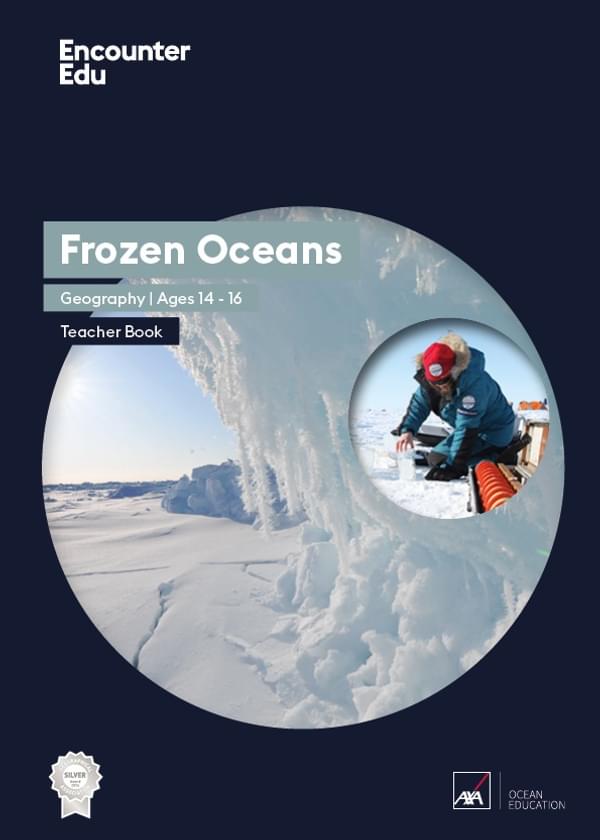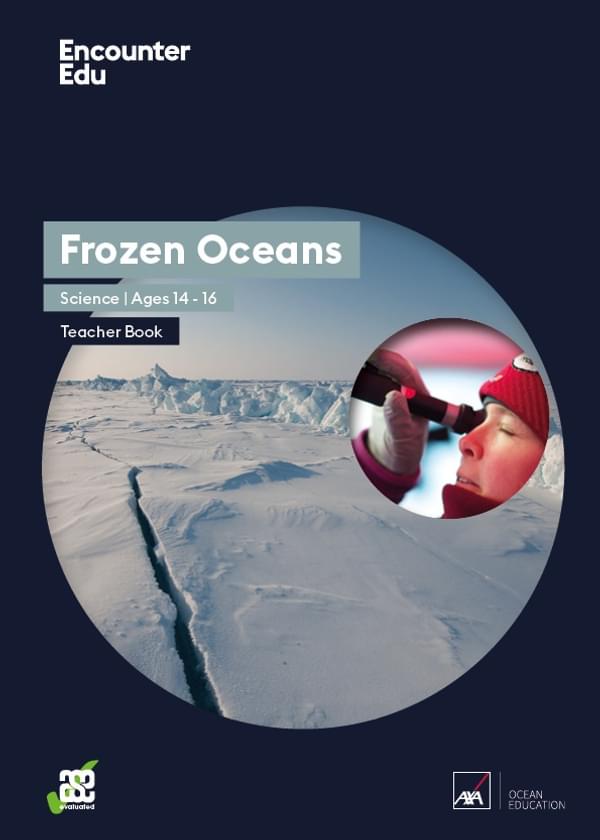How do scientists research copepods?
During the Catlin Arctic Survey, Dr Ceri Lewis was interested in how copepods, a type of plankton, might be affected by ocean acidification, a change in ocean chemistry caused by increased carbon dioxide in the atmosphere. But getting the copepods for her experiment was quite a laborious task, especially at temperature down to minus 40 degrees. This gallery shows the technique for collecting copepod samples in the Arctic.
Part of:
AXA Ocean EducationBrought to you by


Geography | Ages 14-16
Frozen Oceans
This Frozen Oceans education resource includes two data case studies that introduce students to ocean acidification and sea ice thickness. The core of each case study are data sets from real expeditions.
